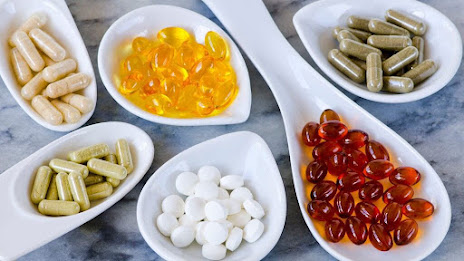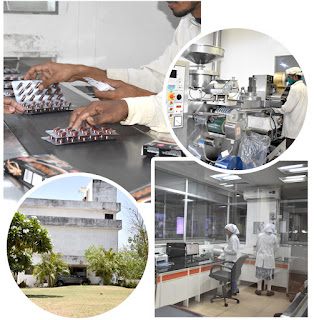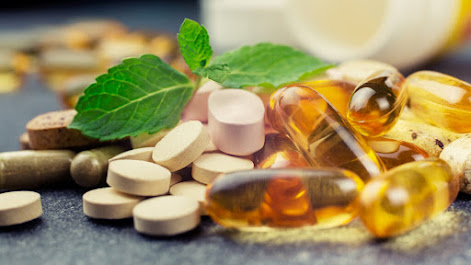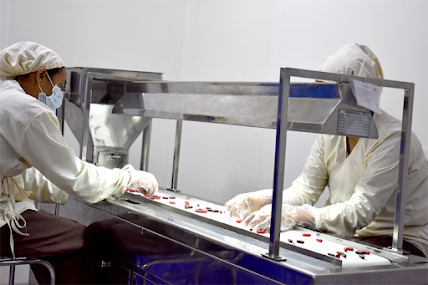Manufacturing Soft Gelatin Capsules: A Comprehensive Guide for Vadodara Audience
Soft Gelatin Capsules (SGCs) are widely used for the oral administration of drugs and nutritional supplements. SGCs are made up of gelatin, which is a protein derived from animal collagen and other ingredients that help to create a soft, flexible shell. They are easier to swallow as compared to hard-shell capsules and also offer better drug stability and bioavailability.
In this blog post, we will delve into the details of SGC Manufacturing and answer some frequently asked questions to help you understand the process better.
Steps involved in the manufacture of SGCs:
- Recipe Development: The first step in the manufacture of SGCs is the development of the recipe or formula. The formula consists of the ingredients that will be used in the manufacture of SGCs. It is important to use the right ingredients to ensure the desired quality, stability, and efficacy of the final product.
- Ingredient Procurement: The next step is to obtain the necessary ingredients for the manufacture of SGCs. This includes gelatin, plasticizers, colors, flavors, and the active pharmaceutical ingredient (API).
- Gelatin melting: Gelatin is melted in a heated vessel and then mixed with other ingredients to form a homogenous mixture. The melted mixture is then cooled to a temperature suitable for encapsulation.
- Encapsulation: The encapsulation process involves filling the melted mixture into soft gelatin capsule shells. There are two methods of encapsulation:
- Hand-encapsulation: This is a manual method of encapsulation where the melted mixture is filled into the capsule shells using a syringe or a dropper.
- Machine encapsulation: This is an automated method of encapsulation where the melted mixture is filled into the capsule shells using a machine.
- Drying: After encapsulation, the filled SGCs are dried to remove any residual moisture. This step is important to ensure the stability and shelf-life of the final product.
- Inspection and Quality Control: The final step in the manufacture of SGCs is the inspection and quality control. This involves checking the quality of the finished product to ensure that it meets the desired specifications.
FAQs:
Q. What is the difference between soft gelatin capsules and hard-shell capsules?
A. Soft Gelatin Capsules are made up of gelatin and are soft and flexible, making them easier to swallow. Hard-shell capsules, on the other hand, are made up of cellulose and are rigid. SGCs also offer better drug stability and bioavailability as compared to hard-shell capsules.
Q. What is the shelf-life of SGCs?
A. The shelf-life of SGCs depends on several factors, including the type of gelatin used, the type of API, and storage conditions. In general, the shelf-life of SGCs is between 2 to 3 years.
Q. What are the advantages of using SGCs over hard-shell capsules?
A. The advantages of using SGCs over hard-shell capsules include:
- Improved bioavailability: SGCs offer better drug stability and bioavailability as compared to hard-shell capsules.
- Easier to swallow: SGCs are soft and flexible, making them easier to swallow as compared to hard-shell capsules.
- Improved stability: SGCs offer better stability for heat and moisture-sensitive APIs as compared to hard-shell capsules.




Comments
Post a Comment